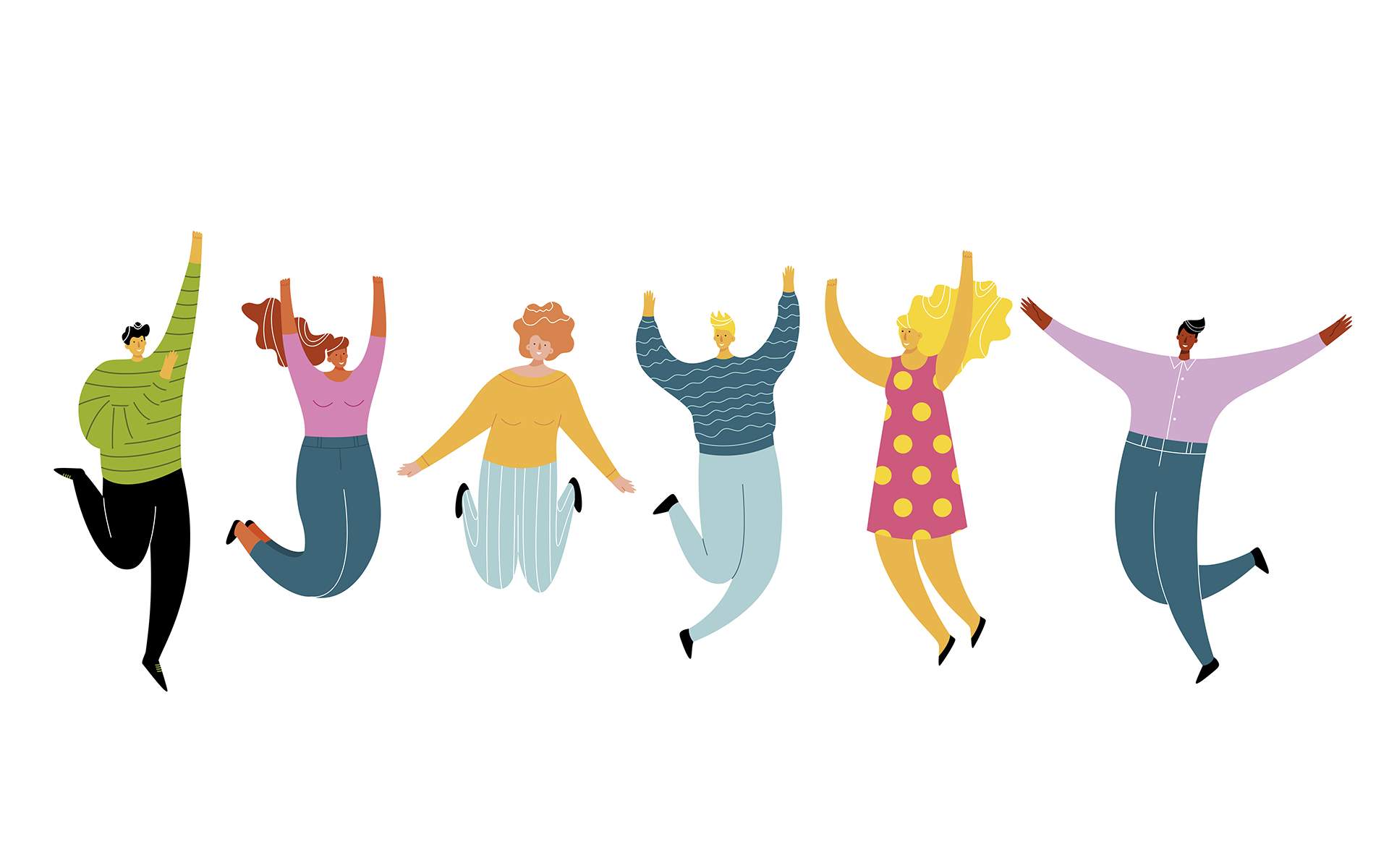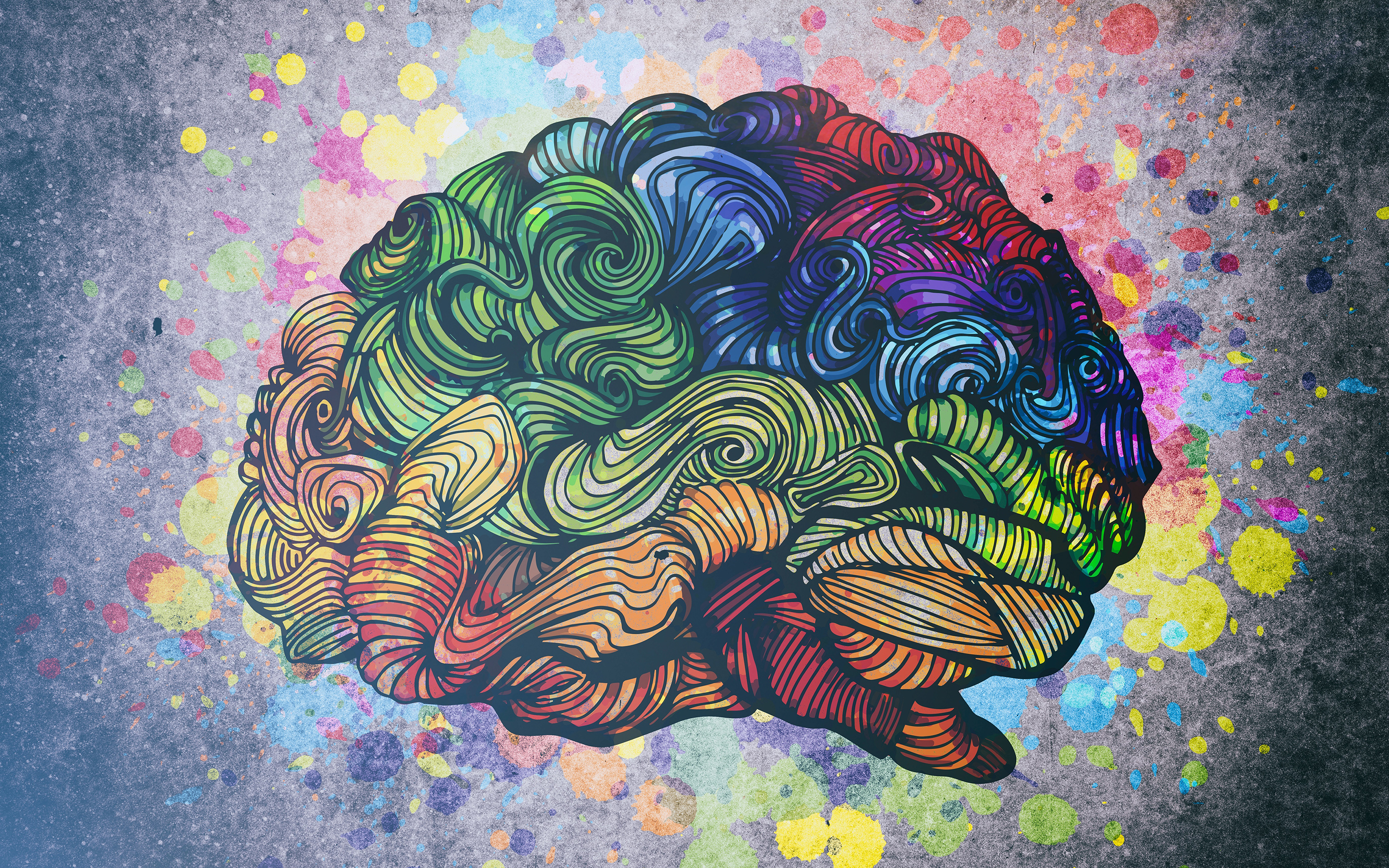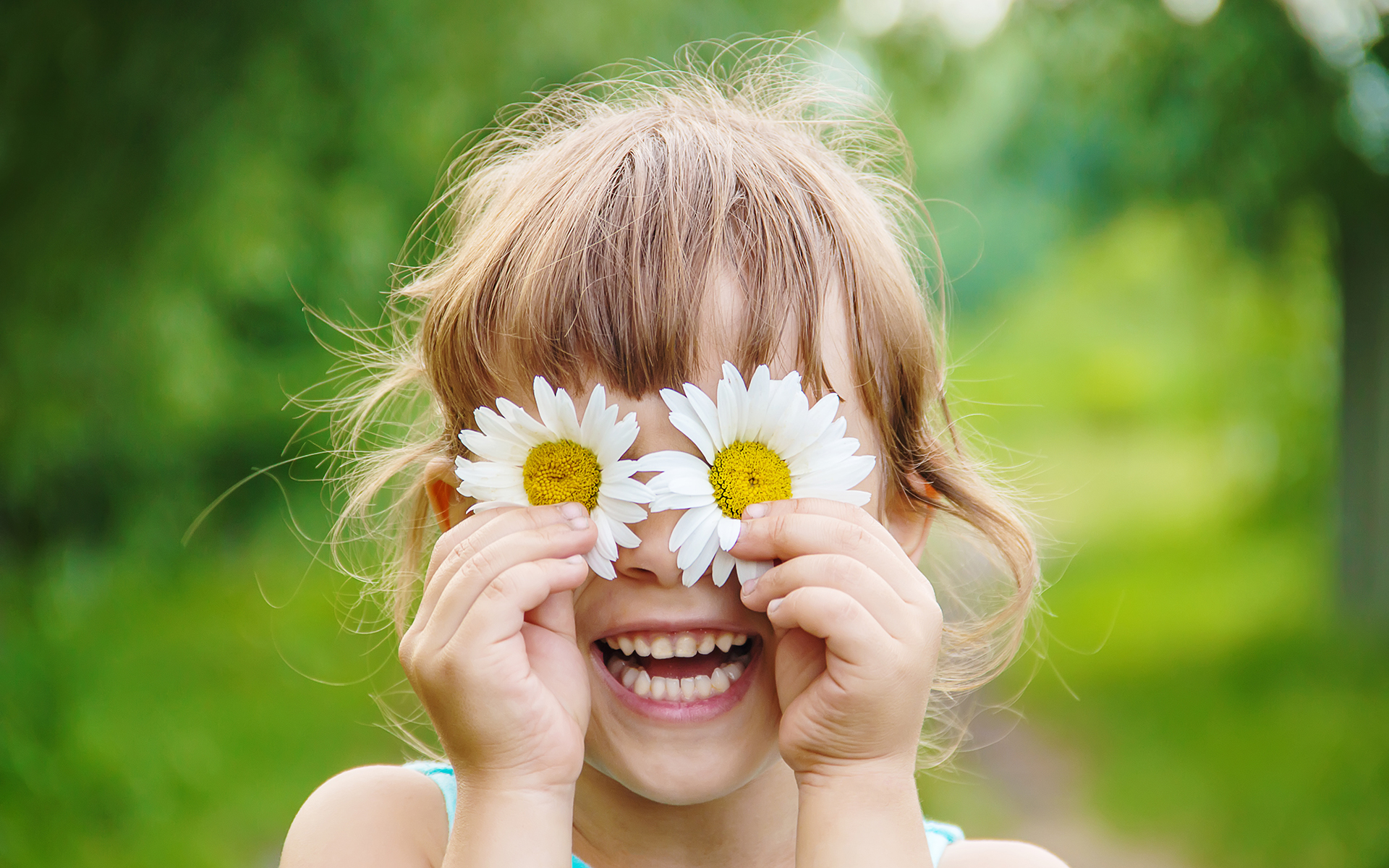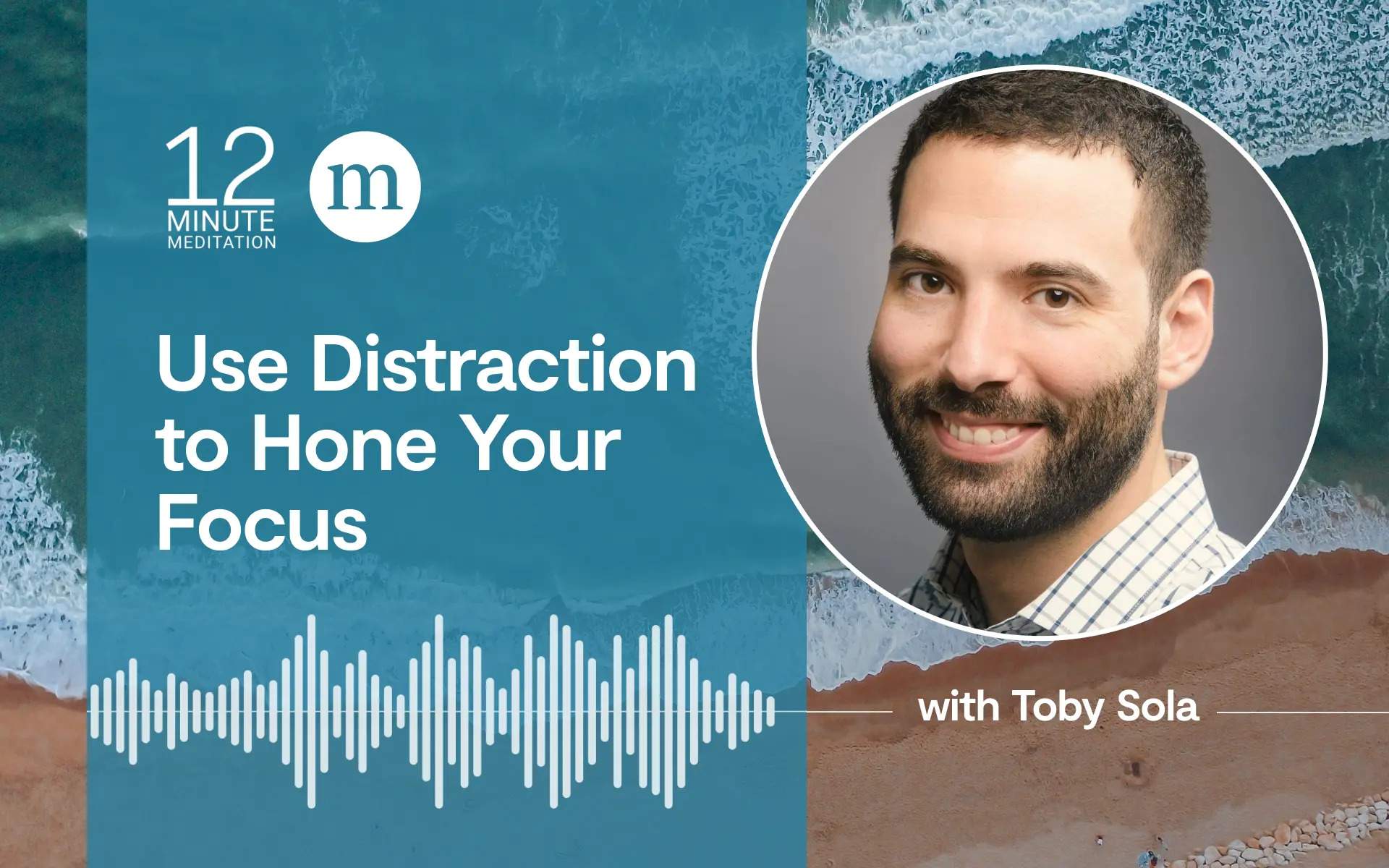I haven’t always been grateful. Sure, I gave gratitude lip service on Thanksgiving. Surrounded by family, friends, and bountiful food I shared, I was grateful for… family, friends, and bountiful food. But I didn’t feel it in my bones.
Over the years, I made gratitude lists, but they didn’t make me feel more thankful. As a result, I’ve come to view gratitude like a greeting card—nice, but paper-made and a little clichéd. And yet, there’s much in my life to feel thankful for. And as a longtime meditator and mindfulness teacher, I’m aware of the lofty place gratitude holds in the pantheon of positive emotions. Contentment is pleasant. Joy is delightful. But gratitude is the mother lode.
Research shows gratitude positively shifts mindsets and moods, prevents burnout, and boosts self-esteem. One study found grateful cardiac patients slept better, experienced less fatigue, and had lower levels of inflammation.
Cicero called gratitude “the greatest virtue” for fostering patience, generosity, wisdom, and humility. Researchers call gratitude a social glue that bonds us in friendship and appreciation.
Who wouldn’t want to feel more grateful?
I realized if I wanted a closer relationship with gratitude, I’d need to deepen my understanding, become more attentive, and practice.
When Challenges Are Blessings
I began with journalistic curiosity. I read scientific papers. I interviewed friends and my friends’ friends. I spoke with neuroscientists, mindfulness teachers, and a minister.
I spoke with people such as Kaneshia Williamson, who grew up in the rough-and-tumble neighbourhood of Watts, Los Angeles, raised an autistic son, and at age 44, works two jobs—one as a dental assistant and another as a caregiver—while going to school to become a dental hygienist.
Kaneshia oozes gratitude, crediting her mother and her faith in God with giving her strength to rise above her circumstances and the perspective that challenges can be blessings. When talking with me on the phone about her son, her voice brightened, and I imagined a smile spreading across her face. She told me she’s befriended the most incredible people through her son’s participation in the Special Olympics. She’s become a better person because of him.
“Oh my God, my life is going to be okay.”
Nikki Young Lebow
“He’s brought out qualities in me I didn’t even know I had,” she said, adding that she’s stronger, more patient, more selfless, and able to love unconditionally thanks to her son.
Gratitude flourished in others who had dealt with hardships such as a health crisis or addiction. My friend Nikki Young Lebow, who’s been sober for more than 30 years, said the seed of gratitude was planted within her the moment she realized she wasn’t going to die because of drugs and alcohol.
She was a couple of months sober and hanging out with friends in a house overlooking the Pacific Ocean. It was the golden hour—that time of day when sunlight becomes magical and illuminates everything, including the goodness surrounding you. Looking at her friends and the shimmering water below, she thought: “Oh my God, my life is going to be okay.”
Finding It in Fleeting Connections
Like a Joshua tree in the desert, gratitude often grows in harsh environments. Pain, loss, and grief can give us a greater appreciation of life’s blessings and their transience.
“The way I affirm gratitude is to recognize its fragility—the fragility of goodness,” said meditation teacher Matthew Brensilver. Acknowledging the impermanence of all that is good in our lives affirms their value and allows us to experience them more deeply, he said.
Matthew’s comments rang within me like a singing bowl. When I’ve felt grateful, it’s been through the fleeting but satisfying connection to bright spots in daily life—the sun warming my back or a pleasant conversation with a grocery store cashier.
Others I spoke to also tune in to gratitude when immersed in the small, good moments of their lives— swimming with their kids at a Holiday Inn pool or walking their dog in the early morning quiet.
Listening to the varied ways people felt grateful, I wondered: What is gratitude?
Like Baskin-Robbins ice cream, it comes in lots of flavors. Researchers variously refer to it as an emotion, an attitude, a virtue, a moral sentiment, and a coping response.
There are as many ways to practice gratitude as there are grateful people.
While gratitude is complex, it’s commonly defined as the recognition of receiving something positive through your own efforts or from an external source—be it a person, a pet, nature, or a higher power. And while gratitude lists are an oft-cited, evidence-based means of cultivating thankfulness, there’s no single way to practice gratitude.
“I don’t think research has pinpointed the exact prescription of what’s going to make the most fixed, optimal gratitude intervention,” said Glenn Fox, a gratitude researcher and professor at the University of Southern California’s Marshall School of Business.
Since making a gratitude list was a bust for me, I took comfort in Glenn’s comment. There are as many ways to practice gratitude as there are grateful people.
Living with Gratitude
During the pandemic, Lena Edmond, a hospital chaplain in Oakland, felt called to help unhomed people. She began making lunch bags, filling them with fried chicken, bread, bottled water, toothbrushes, and hand sanitizer, and driving around looking for people in need. She’s since formed a charity called Knee-Mail Ministries Inc. that provides lunch bags each month for hundreds of people without homes.
“When I’m giving, I’m grateful… because I’m a blessing to somebody,” she told me.
Inspired by Lena and others, I’ve added thanks to my morning prayers. I tell the people who make my daily life easier that I appreciate them— customer service representatives, the UPS Store clerk, my local barista. I’ve also volunteered as a literacy tutor.
Neuroscience motivates me to keep practicing gratitude. Research shows expressing gratitude increases activity in the anterior cingulate cortex, which plays a role in directing attention and changing our mental filter based on what’s relevant to us.
Alex Korb, a neuroscientist at UCLA and author of the book The Upward Spiral: Using Neuroscience to Reverse the Course of Depression, One Small Change at a Time, likens the process to clicking on a Facebook ad that sets an algorithm to show you more advertisements for what you presumably like. When it happens on Facebook, it’s annoying, but when it happens with gratitude it gives you more reasons to feel good about your life.
“By creating intentions and taking actions in certain directions, you’re changing the way your brain perceives the world,” said Korb, adding that though you might not feel warm and fuzzy when you acknowledge the benefit of running water flowing from your kitchen tap, cultivating gratitude enhances the chances of heartwarming feelings emerging over time.
Maybe it’s my anterior cingulate cortex at work, but when I received my COVID-19 vaccine, I felt the warmth of gratitude standing in line with me. And as I write the last words of this story, I feel an upwelling of appreciation for the many ways I’ve learned to welcome gratitude into my life. I also feel grateful for you, dear reader. Thank you for your time and attention and for reading until the very end.
READ MORE
4 Ways Noticing What’s Present Can Boost Gratitude
Explore these quick reflections as ways to bring more awareness of gratitude to any moment.
Read More
How to Make Gratitude a Daily Habit
It’s easy to focus on what we want rather than what we have. But when we shift our awareness to the present moment, we begin finding moments of gratitude in everyday life.
Read More
What Science Reveals About Gratitude’s Impact on the Brain
New research sheds light on the physiology of gratitude, bringing us closer to being able to understand and harness the health benefits of this powerful emotion.
Read More
3 Simple Ways to Cultivate Joy Every Day
Follow these three mindful steps to bring small, good moments into your awareness, cultivating joy and gratitude.
Read More









